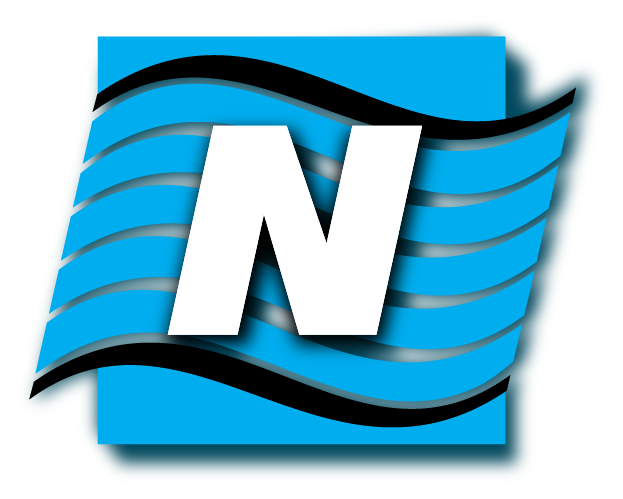
Liquid Cargo and Ballast Operations on Gas (LPG) Tankers (LICOS)
Description of the course
Target group
This training course primary is intended for Masters, Chief Officers and mates who are engaged in liquefied gas tanker operations.
This training course primary is intended for Masters, Chief Officers and mates who are engaged in liquefied gas tanker operations.
Objectives of the course
Those who successfully complete this course should be able:
Those who successfully complete this course should be able:
- Plan and perform loading and discharging of liquefied gas cargo;
- Provide evidence of knowledge of the impact of cargo and cargo handling upon the seaworthiness and stability of a ship;
- Perform required stability, trim and stress control;
- Provide evidence of knowledge of cargo handling equipment;
- Provide evidence of knowledge of principles and procedures for safe handling of ballast and bunkers;
- Provide evidence of knowledge of safe handling and stowage of dangerous, hazardous and harmful cargoes;
- Provide evidence of general knowledge of gas tankers and gas tanker operation.
Duration of the training course
The duration of the training course is 4 working days.
The duration of the training course is 4 working days.
Price
The price is 750 EUR per person.
The price is 750 EUR per person.
Certificate validity
5 years.
5 years.
The course program
DAY 1
– Tank arrangement
– Cargo containment system
– Pipeline arrangement
– Pipe system control valves
– Pumps, compressors and reliquefaction plant
– Instrumentation
– Controls
– Basic operations and procedures
DAY 2
– Procedure for changing cargo and tank cleaning
– Use of inert gas
– Draining and stripping procedures
– Gas freeing
DAY 3
– Ballasting
– Deballasting
– Cargo measurement and calculation
– Cargo condition maintenance on passage and in port
DAY 4
– Procedure for preparation for unloading cargo
– Introduction of system faults, malfunctions and accidents
– Remedial actions
DAY 1
- Familiarization with simulator:
– Tank arrangement
– Cargo containment system
– Pipeline arrangement
– Pipe system control valves
– Pumps, compressors and reliquefaction plant
– Instrumentation
– Controls
– Basic operations and procedures
- Special Operations and Procedures:
- Cargo ventilation system.
DAY 2
- Special Operations and Procedures
– Procedure for changing cargo and tank cleaning
– Use of inert gas
– Draining and stripping procedures
– Gas freeing
DAY 3
- Ballast Operations:
– Ballasting
– Deballasting
- Cargo Operations:
– Cargo measurement and calculation
– Cargo condition maintenance on passage and in port
DAY 4
- Cargo Operations:
– Procedure for preparation for unloading cargo
- Operational Problems:
– Introduction of system faults, malfunctions and accidents
– Remedial actions
Course contents
The Training course covers the following topics:
The Training course covers the following topics:
- Cargo planning, safe loading and unloading cargoes;
- Prevention of sea pollution;
- Maintaining of the ship stability and seaworthiness;
- Study of the ship design and systems;
- Cargo containment and cargo handling systems;
- Ship operating procedures and emergency procedures;
- Safety practices and equipment;
- General principles of cargo operations.
Income requirements
To be assigned on course, participant should present:
To be assigned on course, participant should present:
- Valid identity document (passport/ID card);
- National license or educational diploma.
Training approaches and equipment:
During training course theoretical lessons are given using PowerPoint presentations, practical tasks are conducted on SAFE Cargo - Liquefied Gas Tanker Model - L3-DPA Simulations Group.
During training course theoretical lessons are given using PowerPoint presentations, practical tasks are conducted on SAFE Cargo - Liquefied Gas Tanker Model - L3-DPA Simulations Group.
Approval
The course covers all subject areas recommended by IMO Model Course 1.35 – Liquefied Petroleum Gas
(LPG) Tanker Cargo and Ballast Handling Simulator.
The course covers all subject areas recommended by IMO Model Course 1.35 – Liquefied Petroleum Gas
(LPG) Tanker Cargo and Ballast Handling Simulator.
Meet the Experts Behind This Course
You might also be interested in following courses:
Check the course days on our calendar
Course in pictures:
Contact us

